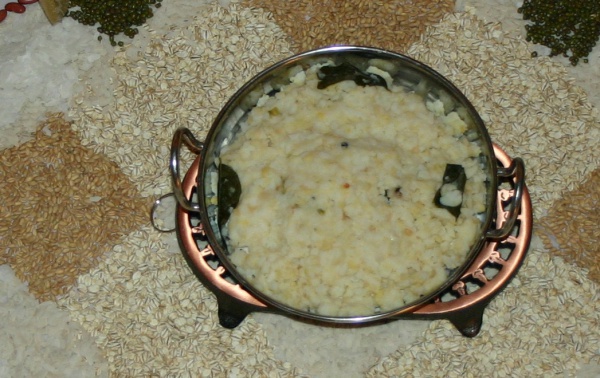Facts About Pongal
Pongal, also known as Huggi, is a cherished rice dish from South India. The name "Pongal" means "bubbling up" in Tamil, while in Telugu and Kannada, Pongali refers to a dish made with rice, boiled milk, and sugar. The term Huggi originates from the Old Kannada word "Puggi" which means "bubbled up" or "inflated."
There are two primary types of Pongal: Chakarai Pongal and Venn Pongal. Chakarai Pongal is the sweet version, often prepared with jaggery or sugar. It is a special treat during the Pongal festival in Tamil Nadu and the Sankranthi festival in Andhra Pradesh. This sweet dish, also known as Chakkara Pongali, is commonly made in temples as an offering to deities. Ingredients for Chakarai Pongal typically include rice, coconut, and mung beans.
Venn Pongal, on the other hand, is a savory dish that is a breakfast favorite in many Tamil, Sri Lankan, and South Indian homes. It is made with clarified butter and typically served with sambar and coconut chutney. For those who prefer it spicy, there is Melagu Pongal, made with pepper, rice, and moong dal. Another variation is Puli Pongal, which is prepared with tamarind and boiled rice, and is usually enjoyed for dinner.
Pongal isn't merely a delicious dish; it holds significant cultural importance. It is a key part of the Pongal festival celebrations in Tamil Nadu and the Sankranthi festival in Andhra Pradesh. The different variations and traditional methods of making Pongal showcase the rich culinary and cultural diversity of South India.

 India
India